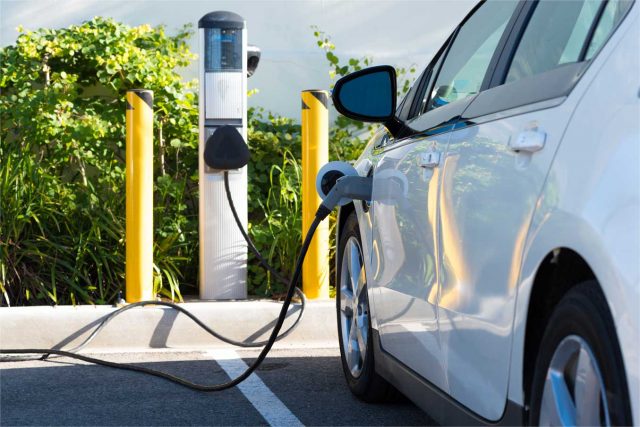
Article 1 Title
Electric vehicles (EVs) represent a transformative shift in the automotive industry, heralding a future characterized by sustainability, reduced emissions, and advanced technology. The rise of EVs is not merely a trend but a crucial development in response to growing environmental concerns and the pressing need to reduce greenhouse gas emissions.
The primary appeal of electric vehicles lies in their environmental benefits. Unlike traditional internal combustion engine (ICE) vehicles that run on gasoline or diesel, EVs are powered by electricity stored in batteries. This fundamental difference means that EVs produce zero tailpipe emissions, significantly reducing their contribution to air pollution and greenhouse gases. As global awareness of climate change intensifies, the transition to EVs is seen as a vital step toward achieving carbon neutrality and improving urban air quality.
Article 2 Title
Technological advancements have been pivotal in the evolution of EVs. Modern electric vehicles boast impressive ranges, with some models capable of traveling over 300 miles on a single charge. This is a significant improvement from early EVs, which were often criticized for their limited range and lengthy charging times. The development of fast-charging infrastructure has further alleviated range anxiety, enabling EV owners to recharge their vehicles in a fraction of the time previously required.
In addition to environmental benefits, EVs offer several practical advantages. Electric motors provide instant torque, resulting in smooth and rapid acceleration. This characteristic not only enhances the driving experience but also makes EVs well-suited for urban environments, where quick responsiveness is often necessary. Furthermore, EVs have fewer moving parts compared to ICE vehicles, which translates to lower maintenance costs and increased reliability. There is no need for oil changes, and components such as brakes experience less wear due to regenerative braking systems.
There are many sources of great information about the advantages of EVs.
Government policies and incentives have played a significant role in promoting the adoption of electric vehicles. Many countries offer subsidies, tax breaks, and other incentives to reduce the purchase price of EVs, making them more accessible to consumers. Additionally, investment in charging infrastructure is expanding, with public charging stations becoming more prevalent in urban areas and along major highways.
However, the widespread adoption of electric vehicles is not without challenges. The production of EV batteries involves significant environmental impact, particularly in the extraction of raw materials such as lithium, cobalt, and nickel. Efforts are being made to develop more sustainable and ethical mining practices, as well as to improve battery recycling technologies. Moreover, the transition to EVs requires a substantial upgrade of the electrical grid to accommodate increased demand and ensure stable energy supply.
Despite these challenges, the future of electric vehicles appears promising. As technology continues to advance and economies of scale drive down costs, EVs are expected to become increasingly prevalent on the roads. The shift towards electric mobility represents a critical component of global efforts to combat climate change, reduce pollution, and build a more sustainable future for generations to come.